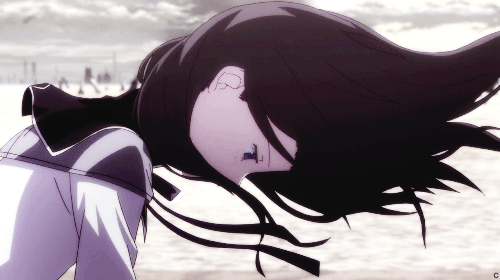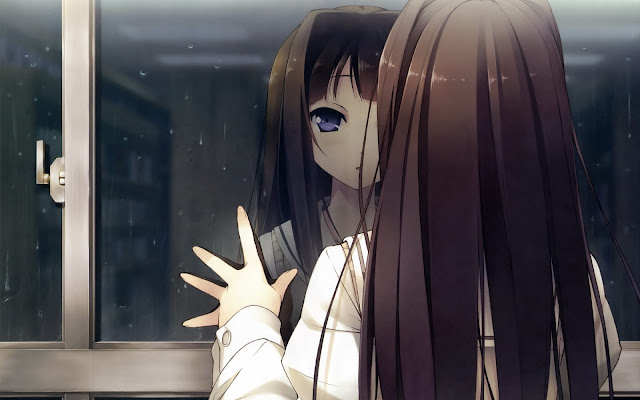Not that I care, but I think my personal life was this exactly.
Back in HS, I developed feelings for a certain girl. For two whole years, we'd exchange homework, food, and even gifts. She laughed at my jokes, I laughed at hers, things went very swimmingly.
On my third year of knowing her, I decided to ask her out, and she said yes, to my surprise. And so we started dating, I bought her more presents, she gave me some things, we exchanged even more homework, all those usual things a couple does together.
However, when we hung out, it was always with other people. I actually did fall in love with her for real, personality and all when I asked her out (As in, I thought about marrying her, which is dumb to hear, yes I get it), so I thought I'd ask her if we could go on another date, but just the two of us.
She said she was busy on several occasions, until one morning I woke up to:
"Oh sorry, I think it's better if we stop this, I like it better when we're friends, sorry, thanks! <3" (Yeah she actually put that heart emoji, and I'm just "really?").
It was then I realized she was actually my girlfriend just for the things I did for her , and not for me as a person, which hurts since I was her boyfriend for her, and not what she did for me.
And no, this is not a rant post, I'm pretty much over it.
The point is, conditional love sucks. To feign love for someone just because they do something for you is pretty much mooching, isn't it? Using them? Today, a lot of people measure love by saying things like "Oh, they must totally be together, that's a nice bag he just bought for her" or "Aww, he bought her (insert latest fashion trend here that costs an unnatural amount of money), they're sure to get married!"
It's probably due to my old fashioned sense in love, but I don't really like how the meaning of affection has changed in the past few years. From stories I heard from my grandparents and my parents, things were much more direct back then. Sure, it was blunt, but love wasn't a game. Well, that may just be because most my relatives are Asian, and love there is pretty uh...black or white. You'd get rejected straight up, but hey at least your heart wasn't toyed with.
Cheers y'all.





